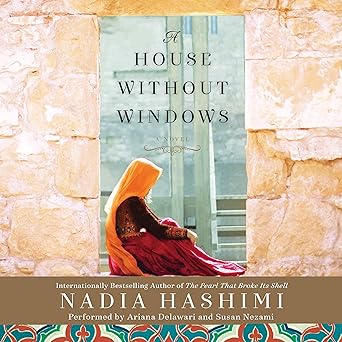What do you think?
Rate this book


16 pages, Audiobook
First published August 16, 2016

Marriage was a sport. One point for love, one point for hate. The heart kept score.
A woman's worth was measured, with scientific diligence, in blood. A woman was only as good as the drops that fell on her wedding night, the ounces she bled with the turn of the moon, and the small river she shed giving her husband children. Some women were judged most ultimately, having their veins emptied to atone for their sins or for the sins of others.
Yusef was young and inexperienced, she knew. He had noble intentions, the noblest intentions Zeba had ever seen, but intentions accomplished little in Afghanistan. Guns, money, power, pride – these were the currencies of the country. That glint in his eye the last time they'd spoken had only made him look pathetic to his client – like a child who'd spotted a toy in a minefield.
Kamal was one of those men who needed to exert his strength to reassure himself he was capable of something. He needed to see his wife and children react to his presence to confirm he was in command. A man's might was right because no one had ever told him otherwise. And Kamal had secrets, filthy shameful secrets. When he was inebriated, or angry or preoccupied, he was quite able to forgive his sins. But there were rare moments, small awakenings of a deeper conscience he didn't much care to face. In these moments, Kamal's face would flush with shame, his spine would hunch with horror. It was unbearable. Kamal could not tolerate anyone pointing out even the smallest of his shortcomings because he sensed that it would undo him completely, in the way that pulling on a stray piece of yarn just so can turn a sweater back into a pile of string.
For a family to give up their claim on a girl was unusual, even if the government had outlawed the practice of baad, giving daughters to resolve disputes, between families, in 2009.